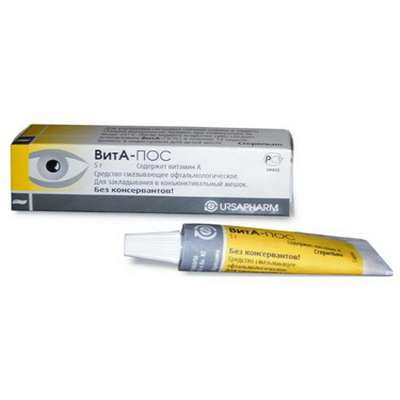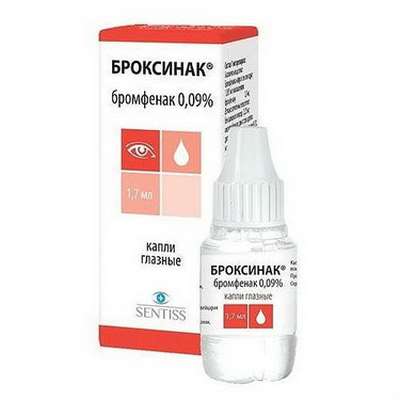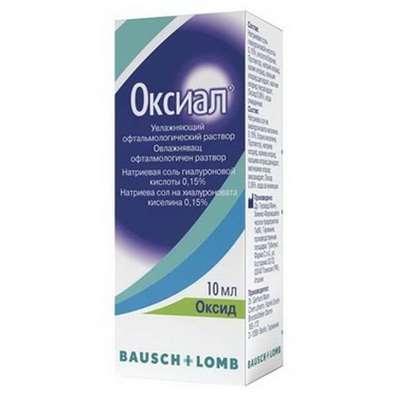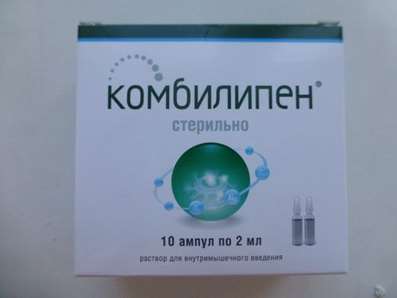Efficacy of Peptides
25 Aug 2017
After the first stir over synthetic compounds consisting of amino acid residues, it's time to evaluate the effectiveness of peptides in comparison with pure growth hormone, and draw conclusions about their effect on the human body.
How do peptides work?
The main role of peptide bioregulators is activation of hidden reserves of the organism, stabilization of gene activity and activation of protein synthesis. By connecting with a specific region of DNA, biotechnologically created peptides have the following actions:
- Restore the functional activity of tissues and organs;
- Slow down the aging process;
- Normalize carbohydrate metabolism;
- Increase mental and physical performance;
- Improve the function of the liver and pancreas;
- Strengthen immunity.
Considering the pharmacological properties and effectiveness of peptides, it should be noted that each of them has a rather narrow specialization. So the products, which have found their wide application in the practice of bodybuilding, stimulate the production of growth hormone and testosterone, promote the increase of muscle mass, strengthen the ligaments, accelerate the metabolic processes and increase the burning of fats.
In fairness, it should be noted that the effectiveness of peptides is an order of magnitude lower in comparison with the growth hormone. However, the cost of these drugs is several times lower than the synthetic Somatropin. In order to maximize the work of a relatively cheap sport product to a more expensive one, and to achieve the desired anabolic goals, professionals recommend the use of special peptide bonds consisting of properly selected amino acid complexes. They are used by ready-made courses, after individual calculation of dosage.

 Cart
Cart





